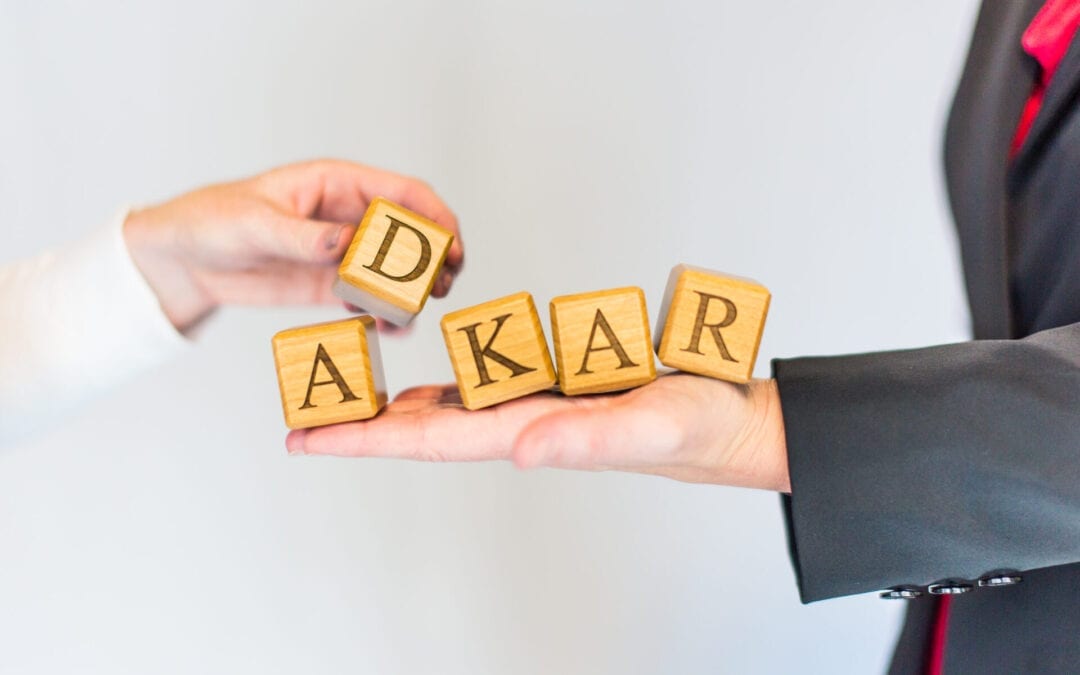The year 2020 will probably be recorded as one of the most challenging years in our recent collective memory. It has been during 2020 that humanity has had to confront a global pandemic that has upended all aspects of our personal, professional, and social lives. In an organisational setting, companies have had to completely rework their business models for them to have agility in an increasingly unpredictable and rapidly changing business environment. Some of the standout changes that have been observed are a shift to Work-From-Home (WFH), expedited digital transformation initiatives, staff rationalisations, wage-bill, and expenditure reductions, among other interventions. These initiatives have had a profound impact on both the general culture of organisations and on the individuals within those organisations.
As we start a new year, this is perhaps the most reflective time for employees and organisations at large have to think about what goals and strategic imperatives need to be accomplished in 2021. Some of the above named COVID-19 impacts will continue into the new year, while new initiatives will be introduced in order to adapt to the constantly evolving business environment. Change Management becomes even more urgent in these unpredictable times as businesses and individuals require the appropriate tools and support to achieve their stated 2021 goals.
Also Read: How To Deal With Change In An Organisation
Change management is a structured and intentional approach to support people through whatever initiative their organisation is undertaking. It prepares, equips, and supports individuals through the changes expected to impact their day to day work. As a structured process, there are several steps that are undertaken in order to ensure these initiatives are not only on time, on budget, and meet technical requirements but also deliver the expected results and outcomes of the project. Effective Change Management follows a repeatable process and uses a holistic set of tools to drive successful change.
One of the best goal-oriented structured tools that support the Change Management process of individual change has been developed by Prosci and is known as the ADKAR® Model. ADKAR® is a five-step process that individuals can use in order to achieve a new way of doing things. It is an acronym that stands for, AWARENESS; DESIRE; KNOWLEDGE; ABILITY; REINFORCEMENT. This is a great tool to use as you embark on your personal and organisational goal setting for the new year.
How To Set Individual Goals Using ADKAR®
ADKAR® is primarily a tool used for individuals who would like to have a structured process for achieving a desired change. It can be used both in a personal capacity and at an organisational level to gauge an individual’s readiness for any change initiative.
Below, we will go through each of the five steps and use a very common example of a goal that many people have at the beginning of every year: To become fitter and healthier.
Also Read: Change Is Best Understood As An Individual Process
Awareness of the Need for Change
2020 has had many wins, challenges, and lessons. As you reflect on the year that was, become clear on the priorities and goals you would like to set for the new year. Articulate the goals as clearly as possible preferably writing them down somewhere you will have access to throughout the year.
Goal: To lose 20kgs by the end of 2021 and have a BMI of 20.
Desire to Support the Change
Set realistic and achievable goals that you are confident that you can successfully achieve. Check-in with yourself to understand the level of importance you attach to these goals and how much effort you are prepared to make to complete them. Further, articulate the consequences of not completing the said goals. Make a personal commitment to the goals you set.
Is it realistic and achievable: Yes, it is. I started going to the gym once a week, 3 months ago and I have been consistent with it thus far. If I continue with this trend in 2021, I should be able to achieve my goal.
How important is it: I place a high value on my health and my doctor has recommended that I lose weight, get fit, and eat healthier for my personal long-term health and wellness.
What are the consequences of not completing my goal: I am genetically prone to diabetes and high-blood pressure and at my age, if I don’t take corrective action now, I have a high chance of getting both at some point in my future.
Also Read: The Value Of Communication During A Change Initiative
Knowledge of How to Make the Change
Once you have defined your goals and set them, list the skills and knowledge you need to achieve the set goals. Do you have a clear picture of what you will have achieved once you have completed or succeeded at your goal?
What skill and knowledge do I have to achieve this goal: I have gotten a nutritionist and personal trainer that have provided me with a detailed meal and training plan respectively that will assist me to achieve my goal if I work at it consistently.
What will I have achieved once I have succeeded: I will have created a new and ongoing habit of eating a much more balanced and healthier diet while also consistently working-out. I will have substantially decreased the amount of sugar I consume. I will be a lot more physically fit and be better able to perform at higher energy levels which will have a further positive impact on other aspects of my life.
Ability to Demonstrate Skills and Behaviours
Considering the skills and knowledge you need to achieve your goals, self-evaluate your ability to perform these skills, or act on this knowledge. Are there any barriers preventing you from achieving your goals?
What is my ability to achieve this goal: I have proved to myself that I am up to the task of sticking to a nutrition and training regimen consistently. My body has adapted to this new way of doing things and I am confident in my ability to achieve my goal.
What barriers do I have preventing me from achieving my goals: Due to my busy work schedule and personal life, I may need to get home equipment to supplement my gym training if I am unable to attend the gym sessions and there is a cost associated with this.
Reinforcement to Make the Change Stick
List the reinforcements that will help you retain the change once completed. Are there any incentives in place to reinforce the change and make it stick?
What reinforcements do I have to help me retain the gains I have made once completed:
- I have an accountability partner who is on the same meal and training plan as I am and we check-in with each other every week on our progress.
- I will be checking in weekly with my nutritionist and trainer on my progress once our programmes are completed.
- I will pay for my training sessions in advance to make sure I am committed to achieving my health and wellness goal.
What incentives are in place to reinforce the change:
- I will treat myself to something (a movie, chocolate for example) that brings me joy once a week to celebrate my ongoing progress.
- At the end of the year, I will take myself on holiday to celebrate the completion of my goal.
This PROSCI Change Management tool has been used to great success in hundreds of organisations and by individuals across the world. It is my hope that you will find it a useful way to set your own goals, whatever they may be, for the new year. I wish you courage and determination in your quest to achieve them.
Written By David Chabeda




Recent Comments